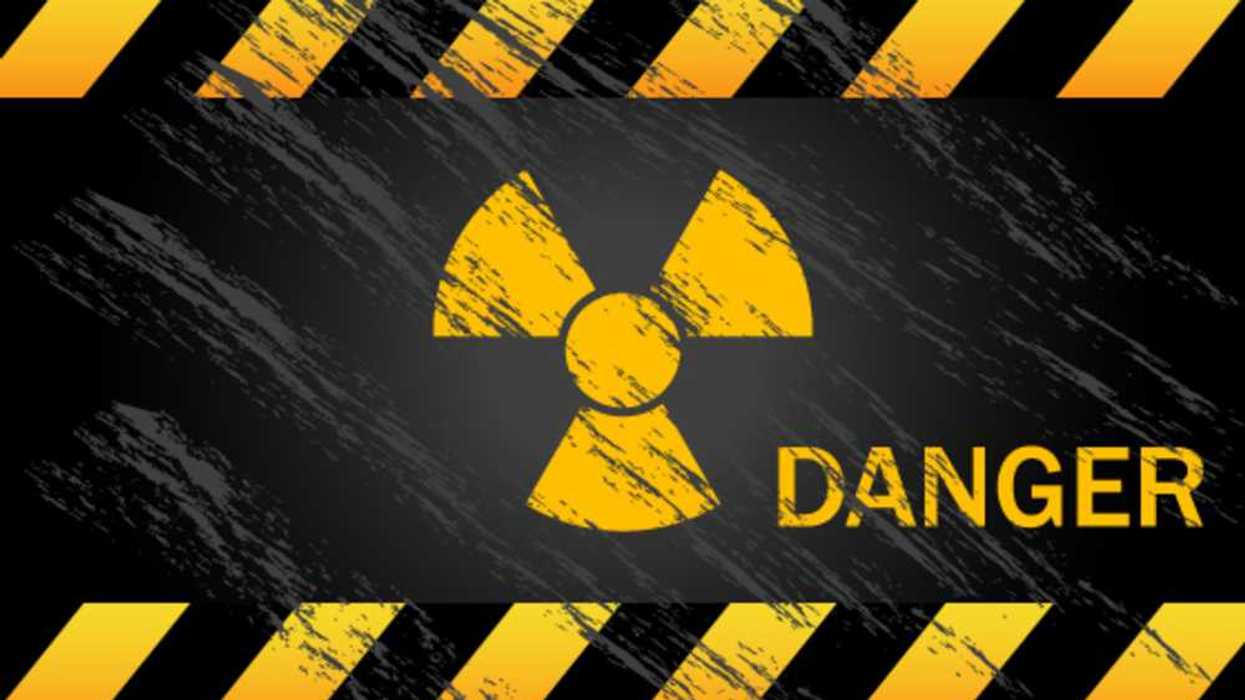Scientists are turning their attention to trifluoroacetic acid, a persistent chemical that may be widespread in the environment and difficult to filter out of drinking water.
Miranda Willson reports for E&E News.
In short:
- Trifluoroacetic acid (TFA), a lesser-known “forever chemical,” is gaining scrutiny due to its widespread presence and resistance to conventional water filtration systems.
- TFA is structurally different from other well-known PFAS but shares some health concerns, including potential links to cancer and reproductive health issues.
- Experts argue that addressing TFA will be costly, as it requires specialized filtration methods like reverse osmosis, which could complicate ongoing efforts to manage water contamination.
Key quote:
“It’s absolutely everywhere. TFA will be the next discussion in America, I can guarantee it.”
— Sarah Hale, environmental researcher.
Why this matters:
TFA’s persistence in the environment and its growing presence in drinking water could lead to significant health risks if exposure proves harmful. Addressing it will require new technologies and substantial investment.
Learn more:














